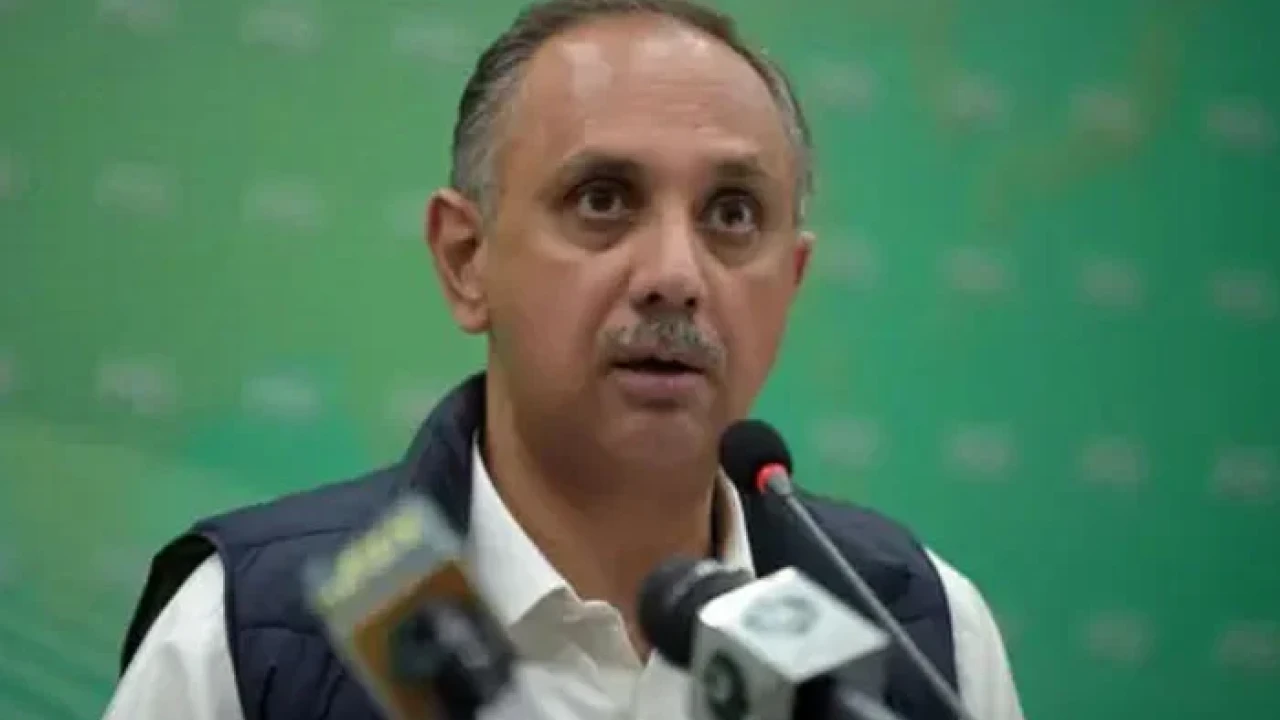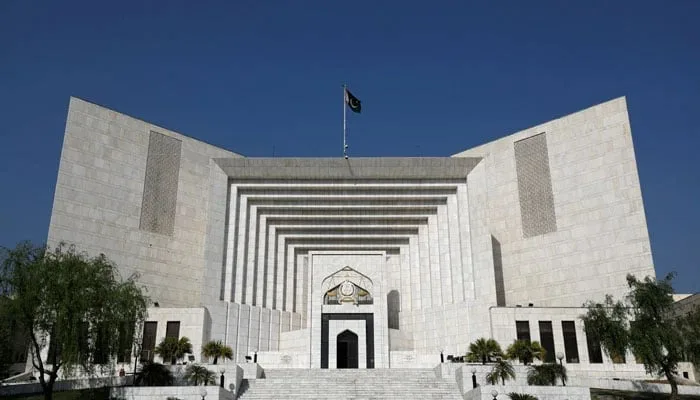The 11th National Finance Commission (NFC) has officially undergone a major development as President Asif Ali Zardari approved a change in its composition. This decision came after the Government of Balochistan revised its nomination and recommended Mahfooz Ali Khan as its non-ex-officio member, replacing the earlier approval. The move highlights the evolving fiscal landscape of Pakistan and the critical role of the NFC in shaping federal-provincial financial relations.
What is the 11th National Finance Commission?
The 11th National Finance Commission was formally constituted by President Zardari last week to address pressing fiscal issues between the federation and provinces. Established under Article 160 of the Constitution, the NFC is tasked with distributing financial resources, ensuring equitable revenue sharing, and maintaining fiscal balance across Pakistan’s provinces.
This body carries immense importance because Pakistan’s economic stability relies on a fair distribution of resources. The NFC recommendations directly impact provincial budgets, development projects, and even borrowing powers of governments at both federal and provincial levels.
Composition of the 11th National Finance Commission
The newly restructured 11th National Finance Commission consists of nine members. According to the notification issued by the Finance Division, the Federal Finance Minister will serve as the chairperson, while finance ministers from Punjab, Sindh, Khyber Pakhtunkhwa, and Balochistan will act as ex-officio members.
Each province has also nominated one expert member, giving them a stronger voice in fiscal decision-making. The final composition of expert members includes:
- Punjab: Nasir Mahmood Khosa
- Sindh: Dr. Asad Sayeed
- Khyber Pakhtunkhwa: Dr. Musharraf Rasool Cyan
- Balochistan: Mahfooz Ali Khan (revised nomination) and Farman Ullah
This diverse group brings together experts with strong backgrounds in economics, governance, and finance, ensuring informed debates over the distribution of fiscal resources.
Why the 11th National Finance Commission Matters
The role of the 11th National Finance Commission extends far beyond revenue distribution. It is central to Pakistan’s fiscal federalism, tasked with addressing issues like:
- Distribution of federally collected taxes among federation and provinces
- Grants-in-aid for under-resourced provinces
- Borrowing powers of both federal and provincial governments
- Sharing of costs for national projects and trans-provincial initiatives
For instance, in the previous NFC Award (10th NFC), one of the major challenges was ensuring that smaller provinces like Balochistan received adequate resources to meet their developmental needs. By revising the membership now, the government is signaling its intent to prioritize fairness and efficiency in financial matters.
Challenges Ahead for the 11th NFC
While the formation of the 11th National Finance Commission is a positive step, its challenges are equally significant. Pakistan is facing one of its toughest fiscal crises in recent years. According to the Ministry of Finance, the country’s fiscal deficit in FY2024 reached 7.4% of GDP, highlighting the urgency of prudent financial planning.
Some of the main challenges the 11th NFC must tackle include:
- Narrow tax base and low revenue collection (tax-to-GDP ratio around 9.5%)
- Rising provincial demands for greater autonomy in financial matters
- Equitable allocation for infrastructure and social projects across all provinces
- Balancing debt servicing with development expenditure
In this context, the decisions made by the new NFC could significantly influence Pakistan’s economic trajectory for the coming decade.
The Significance of Balochistan’s Nomination
The replacement of Balochistan’s non-ex-officio member is not just a procedural update but a crucial step. Mahfooz Ali Khan, a seasoned economic expert, is expected to bring fresh insights into resource allocation and fiscal reforms. Considering Balochistan’s historic demand for higher financial shares due to its vast geography and limited infrastructure, this nomination could strengthen the province’s bargaining position in the 11th NFC.
The formation of the 11th National Finance Commission reflects Pakistan’s ongoing commitment to financial federalism. Its work will be central in determining how the country balances the interests of resource-rich provinces like Punjab with underdeveloped regions like Balochistan.
As the NFC begins its deliberations, all eyes will be on how it addresses longstanding concerns: ensuring fair revenue distribution, reducing fiscal disparities, and strengthening Pakistan’s digital and industrial economy. With Pakistan’s economy projected to grow modestly at 2.6% in FY2025 according to the Asian Development Bank, effective fiscal management will be critical to sustaining growth and ensuring inclusive development.
In conclusion, the 11th National Finance Commission represents not just a constitutional requirement but a lifeline for Pakistan’s fiscal stability. With a revised membership and new terms of reference, it has the potential to reshape the future of intergovernmental financial relations, laying the groundwork for a stronger, more balanced economy.



